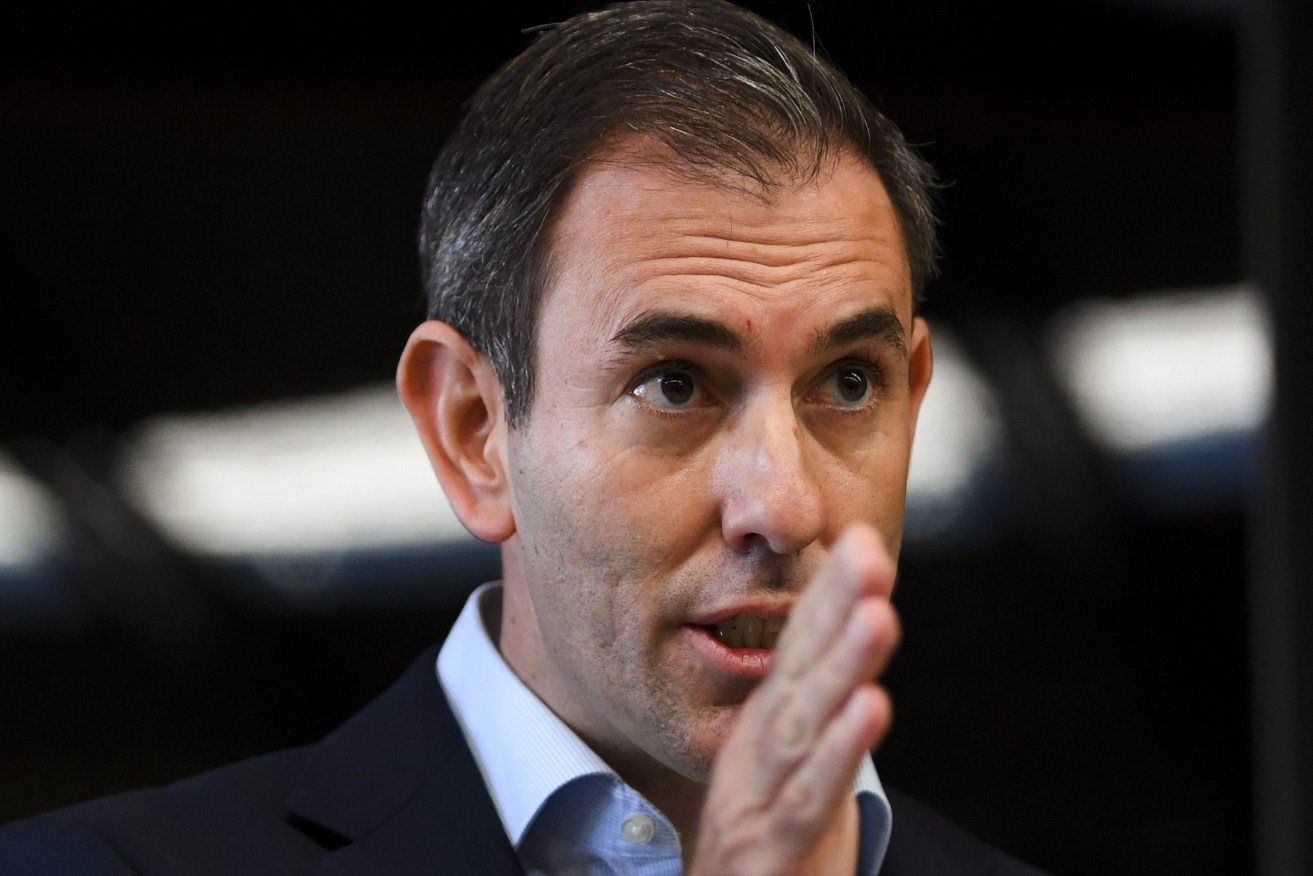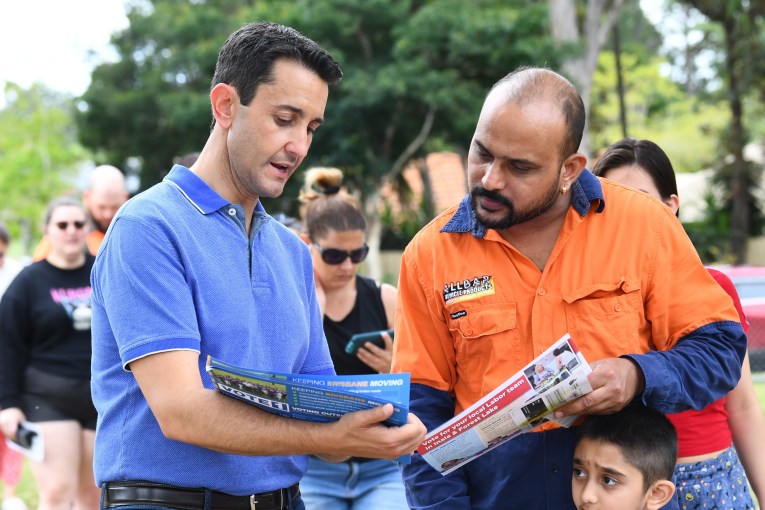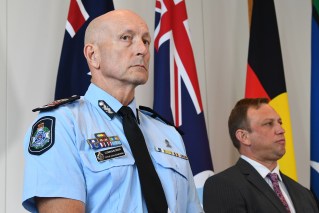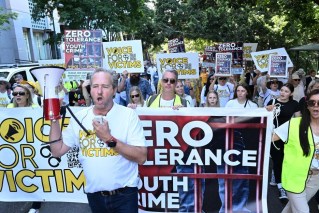No means no: Chalmers has the final word on tax breaks, rejects any changes
Treasurer Jim Chalmers has confirmed there will be no changes to Stage 3 tax cuts in the federal budget.

Treasurer Jim Chalmers. (AAP Image/Lukas Coch)
The cuts are legislated for introduction in 2024, taxing all income between $45,000 and $200,000 at 30 per cent.
The government is being urged to scale back or scrap them because the greatest benefits go to high income earners.
But Chalmers says he is more interested in finding short-term solutions to drive down inflation.
“The Stage 3 tax cuts are around three budgets away and they’re currently legislated,” he told reporters in New York Thursday morning Australian time.
“We’ve got more pressing priorities in the interim.”
Asked directly whether the budget would flag any changes to stage three tax cuts, the treasurer replied: “No.”
Scrapping them would easily cover a boost to welfare payments above the poverty line.
Anglicare Australia research shows lifting payments for job seekers to $88 from $46 a day would cost $128.1 billion over 10 years.
This is considerably less than the $243.5b set to disappear from government coffers over the decade if the stage three tax cuts go ahead.
The analysis by the charitable organisation also found that for the cost of the tax cuts, the government could fund the 36,000-dwelling social housing shortfall and increases to the parenting and carer payments.
Collectively, the organisation says these poverty-eradicating measures would cost $208b.
The Albanese government has been under pressure to scrap Stage 3 of the tax reforms, with some arguing government finances are in much worse shape than when the cuts were legislated – with Labor support – in 2019.
However senior ministers have repeatedly said ditching or revising them is not on the table.
Also ahead of the Albanese government’s first budget on October 25, Industry Super Australia has called for a crackdown on unpaid super.
The peak body for the sector said the government should mandate the payment of super with wages rather than every three months.
That’s because it can be difficult for workers to keep track when super is paid every quarter.
“Each year Australian workers are missing out on billions in super they are legally entitled to and that means a less secure future for them and their families,” ISA chief executive Bernie Dean said.
ISA also wants the government to beef up Australian Taxation Office enforcement in the October budget.












